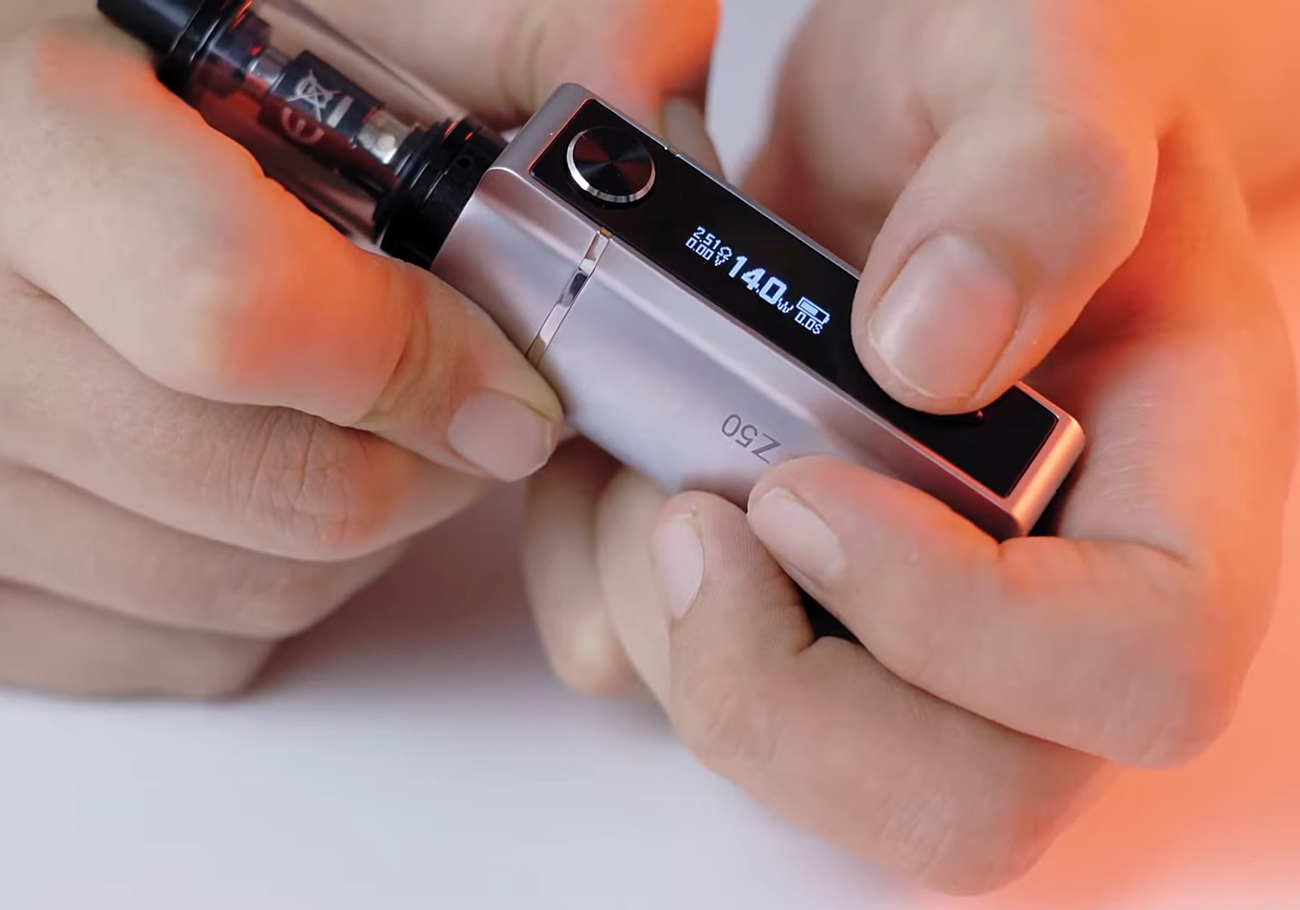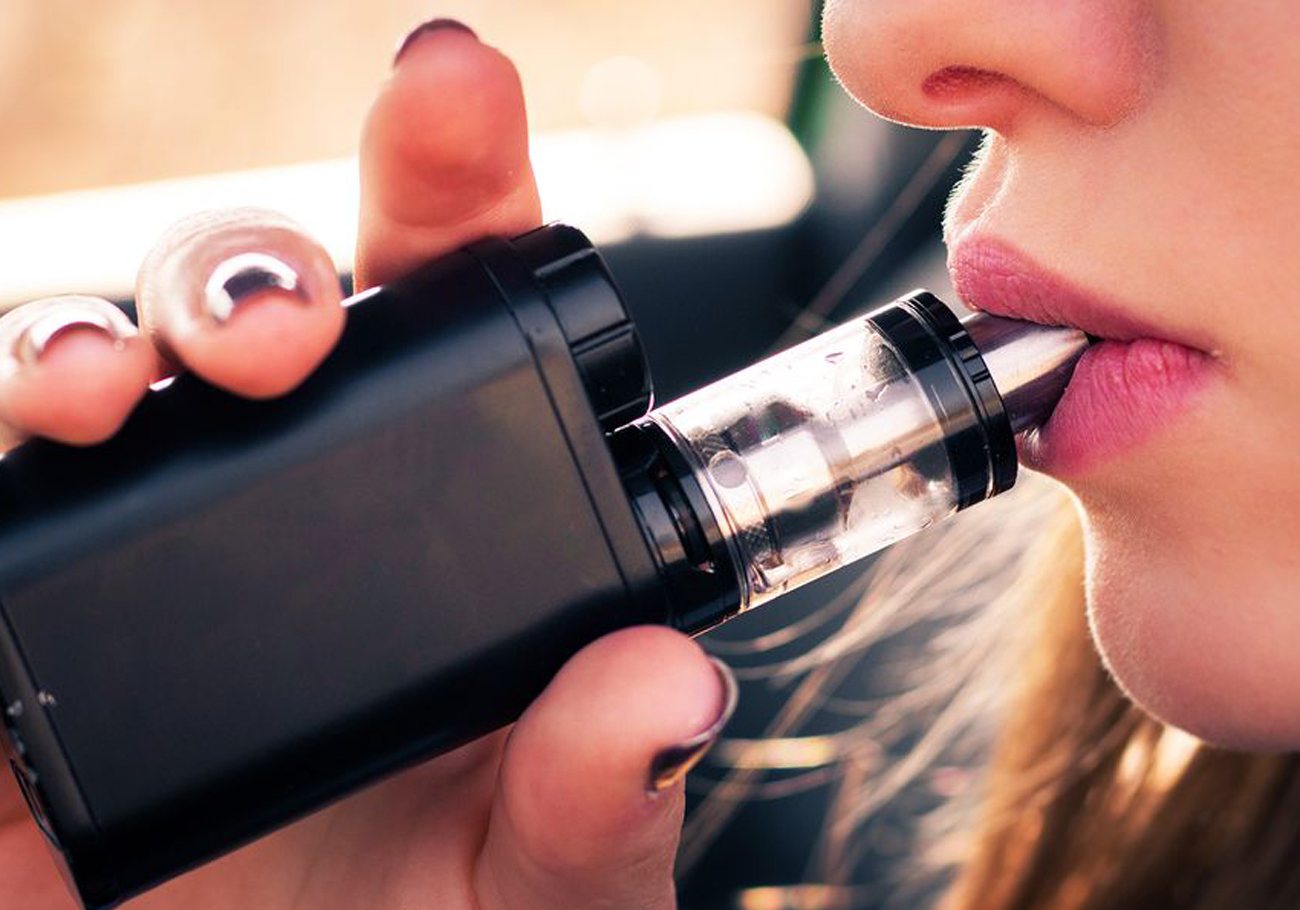
Vaping has emerged as a concerning trend, particularly among Malaysian teenagers, prompting the Consumers Association of Penang (CAP) to advocate for its complete ban.
The alarming rise in e-cigarette and vape usage, especially among adolescents, has raised red flags about their accessibility and associated health risks. The prevalence of illegal sales to minors and incidents of nicotine poisoning among children has ignited the call for stringent measures.
With mounting evidence of serious health consequences linked to vaping, CAP’s appeal for a total ban gains urgency to safeguard public health and secure the future of Malaysian youth.
Rising concerns among youth and minors

CAP’s plea for a vaping ban stems from the growing concern over the exploitation of school children by vape traders who illegally provide them with vaping products. Access to these devices raises questions about enforcement and regulation.
Notably, reports reveal similar trends of illegal sales to minors globally, indicating a broader challenge that requires immediate attention. According to the National Health and Morbidity Survey (NHMS) 2022, Malaysian teens’ use of e-cigarettes and vape has surged from 9.8% in 2017 to 14.9% in 2022.
This shift from conventional smoking to vaping underscores the pressing need for intervention.
Health risks and impact

The surge in vaping comes with its own set of health risks, particularly concerning nicotine poisoning among children. The National Poison Centre (NPC) has recorded a concerning rise in vaping-related poisoning cases, particularly among young children.
The ingestion of e-liquids, often flavored enticingly, poses a severe threat, leading to fatalities in some instances. The substances within e-cigarette or vape devices can trigger lung inflammation and lung injury.
Despite the multitude of e-liquid variants available in the market, nicotine concentration control remains a challenge. The labelling inconsistency and varying nicotine content of products point to the complexity of the issue.

CAP’s call for a total vaping ban is founded on the principle of prioritizing public health over individual liberty. The delay in passing legislation that controls smoking products has further exacerbated the issue.
The Smoking Product Control Bill (RUU), initially approved by the Special Select Committee on Health, awaits parliamentary discussion. CAP’s assertion that the government should prioritise healthcare over commercial interests stands strong.











